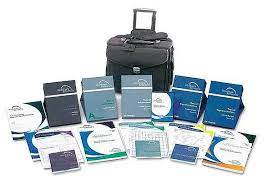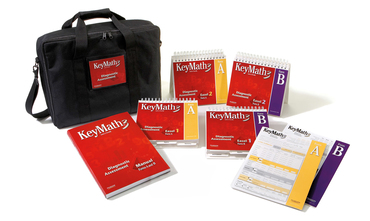SLD Full Assessments
Certain criteria must be met for a Specific Learning Disorder (SLD) diagnosis. Difficulty with reading, writing, or maths alone doesn’t automatically mean a learning disorder is present. For example, children who struggle to understand stories even when they’re read aloud are unlikely to be dyslexic. Likewise, some children may have missed key maths concepts at school and struggle for that reason, not because of dyscalculia. While these children may still need extra help, their difficulties likely have other causes.
If an SLD is suspected, it’s best to start with a screening test. This is much quicker and less expensive than a full diagnostic assessment.
Assessment for an SLD in reading or writing (dyslexia or dysgraphia)
The Woodcock-Johnson IV (WJIV) is a well-known tool used for comprehensive cognitive-educational assessments. It includes three parts that measure cognitive ability, oral language skills, and academic achievement, based on data from Australia and New Zealand. Testing usually takes 5 to 6 hours and is often done over two sessions. Assessments can be conducted in person or remotely via Zoom for students in year 6 and above. The tool identifies academic strengths and weaknesses, as well as any issues. The results include recommendations for interventions and accommodations to help guide tutoring. Similarly, reports for adult students provide strategies for learning or for the workplace, as appropriate.

SAC Assessment
For applications for Special Assessment Conditions (SAC), results must meet the requirements set by NZQA. If met, reports may suggest accommodations like having a reader, a writer, or extra time.
Assessment for an SLD in maths (dyscalculia)

Assessments for dyscalculia use the WJIV Cognitive and Oral batteries, along with KeyMaths 3, a comprehensive test of mathematical skills for ages 4 years and 6 months to 21 years. KeyMaths 3 covers a wide range of maths concepts taught in primary and secondary school, from basic counting to solving linear equations. Informal diagnostic maths tests created by expert Steve Chinn are also included.
The testing helps identify specific gaps in maths knowledge and suggests appropriate support. It also looks at cognitive factors, like short-term working memory issues, that may affect learning. Testing typically takes 5 to 6 hours, usually in two sessions.
If you are concerned about your child's maths progress, KeyMaths 3 can be used on its own, even without a diagnosis of a specific learning disability. For more information, please refer to Our Services.